by Chiko Ncube
Research Fellow, Faculty of Technology, Design and Environment, Oxford Brookes University, United Kingdom
Neglect and isolation of older persons in Africa is increasingly surfacing at multiple levels: the physical, social and policy environment and the family level. However, this is rarely acknowledged and recognised due to the persistent assumptions of the African care and support model, commonly known as “Ubuntu/Hunhu”. More recently, the public spaces in African cities such as in the city of Harare, have turned into spaces of conflict and contestation with unpredictable violence. This has led to the formation of geographies of fear and marginality, impacting on how older persons are able to manipulate the urban space for their advantage. Findings from a research study on urban ageing in Harare, Zimbabwe suggest older people living alone experience greater feelings of insecurity and loneliness within their community. This is particularly heightened for migrant older people and older women.
There are now many police officers on the road harassing us every time we want to sell things and therefore the streets can be difficult to travel in. We have to be very careful just so we can survive. You have to understand that we are not wanted.
Male, 65 years, HarareI cannot afford to go anywhere and I have never even taken my grandchildren to any public areas. I feel I do not qualify to go there. They will look at us differently and I don’t like that feeling.
Female, 55 years, Informal settler, Harare
Processes of othering has led to the exclusion from public space and an inability to be mobile in the city. The lived experiences of older adults suggest a perceived difference between legally protected citizens and marginalised urban dwellers such as informal settlers. The social stigmatisation of spaces restricts the ability for older persons to move without hesitation and limitation.
Public spaces have the potential to enable older persons’ right to the city and that of other urban citizens. A reimagining of how public spaces are designed, managed and organised is paramount, thereby challenging the relatively high control of the narrative by the national government and state elites. More effort is needed to actively engage with older people and empower them to be agents of change in the city. Indeed, this is a challenge that is reflected in many urban African centres where the benefits from the ability of cities to create an environment where all citizens can easily interact, be productive, be mobile and succeed, is still lacking. Engaging with older people at a meaningful level requires a recognition of the heterogeneous nature of ageing beyond perceptions of only vulnerability and dependency. In recognising diversity in old age, opportunities open up for the reconsideration of the design of the urban space with special attention to issues such as physical accessibility, adequate and affordable healthcare services, transport infrastructure, and inclusive public spaces. To adequately cater for the needs of older people, their lived experiences must be viewed through the lens of inclusivity. However, the commitment to inclusivity by key actors in Africa’s national and local government needs to go beyond policy rhetoric and translate into inclusive practices that will foster the needs of older people on the ground. For inclusivity to be meaningful, a significant shift is needed, that will create new levels of dialogue requiring persons with power to make space for those without.
Read more on ‘Moving from the Margins: Towards an Inclusive Urban Representation of Older People in Zimbabwe’s Policy Discourse‘.

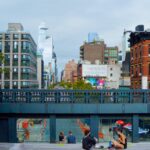
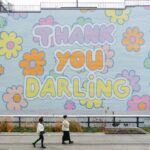


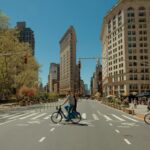
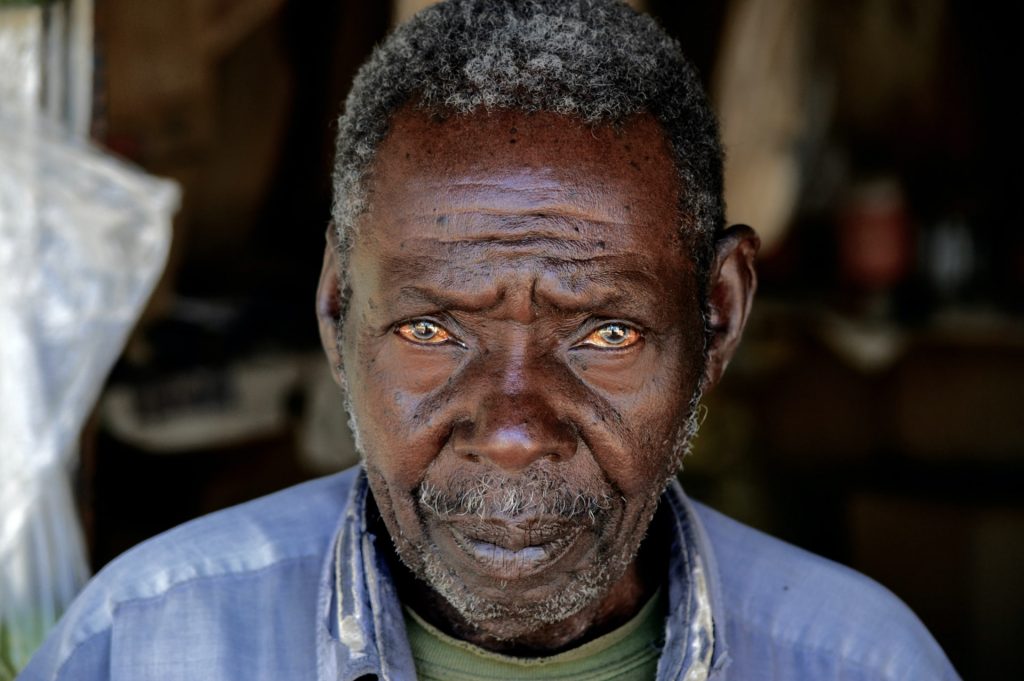
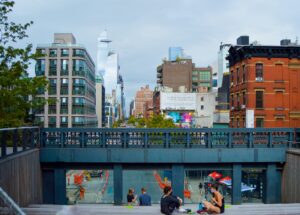
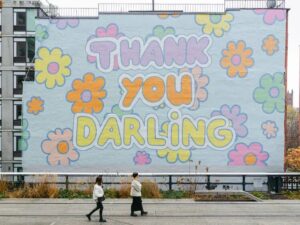


More Stories
Can public spaces be designed and managed for all in African cities?
Kamwokya Community Center by Kéré Architecture
Creating Great Public Spaces in Three African Cities